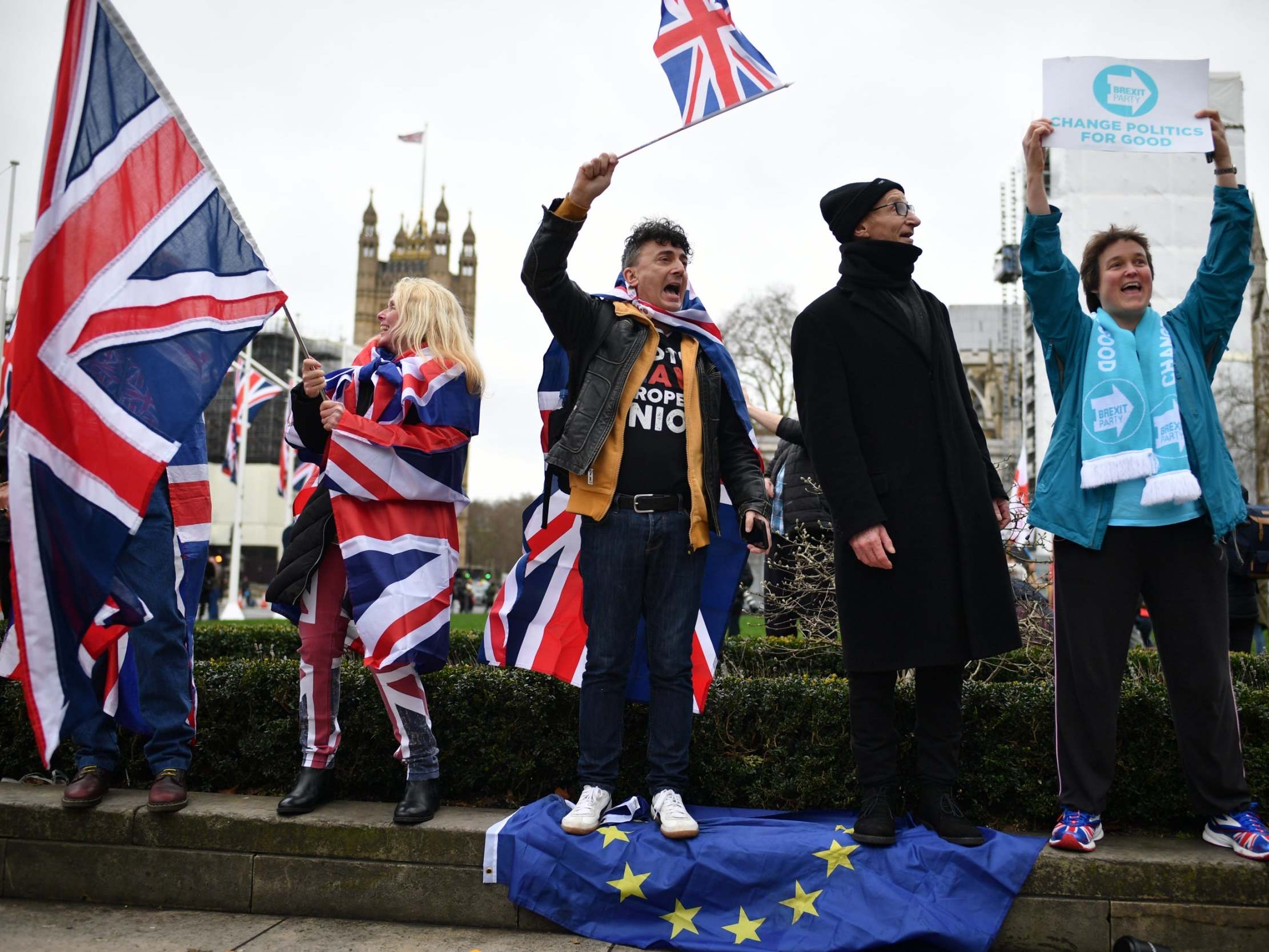Taking back control means releasing our communities from Whitehall’s grip
Now we’ve left the EU, we must begin a national conversation about power and who should wield it. A good start is the citizens’ assembly on climate, says Caroline Lucas


Your support helps us to tell the story
From reproductive rights to climate change to Big Tech, The Independent is on the ground when the story is developing. Whether it's investigating the financials of Elon Musk's pro-Trump PAC or producing our latest documentary, 'The A Word', which shines a light on the American women fighting for reproductive rights, we know how important it is to parse out the facts from the messaging.
At such a critical moment in US history, we need reporters on the ground. Your donation allows us to keep sending journalists to speak to both sides of the story.
The Independent is trusted by Americans across the entire political spectrum. And unlike many other quality news outlets, we choose not to lock Americans out of our reporting and analysis with paywalls. We believe quality journalism should be available to everyone, paid for by those who can afford it.
Your support makes all the difference.After three and a half years of rancour, bitterness, protests, paralysis, division and – just occasionally – real debate, the UK has left the European Union after 47 years of membership. For millions of people, including me, it is a moment of deep regret and mourning.
For all the hullabaloo of the past few weeks over whether Big Ben should chime to mark the moment, I personally feel that bells should be tolling for what we have lost – including the right to work, study, live and love in 27 countries.
We are now out of the EU, but we have not got Brexit done – whatever Boris Johnson promised during the election campaign. Very little will change immediately as we drift into the transition period. Beneath that apparent calm will be frantic negotiations which will shape not only our future relationship with the EU, but what kind of country we want to be.
Some of the loudest voices behind Brexit were those of English nationalists pushing an image lifted from the 1950s, driven by xenophobia and a narrow-minded view of what we should be as a country. We cannot allow these views to triumph. Our challenge now is to defend values of openness, liberal democracy, pluralism, free speech and the rule of law – values we share with our European neighbours.
I remain convinced that what drove many to vote to leave the EU was a sense of powerlessness. Last year, as part of a project I called “Dear Leavers”, I travelled around the country to areas which voted for Brexit and heard very clearly people’s anger and frustration that they were simply being ignored by politicians in Westminster. When the opportunity came for them to give the political establishment a good kicking, it’s not surprising that they took it.
It can’t be a coincidence that most of those parts of the UK where there is local democratic control voted to remain in the EU. Significantly, all the UK’s regional assemblies – Holyrood, Stormont and the Welsh assembly – voted against the EU Withdrawal Bill, thereby refusing consent for UK government legislation which will affect them all.
The vote for Brexit was a resounding rejection of the status quo and our broken democracy. People are fed up with politics being done to them, rather than by them or with them. That has to change, but the early signs don’t look promising.
The government’s bill doesn’t give communities back control. It doesn’t even give parliament back control, despite all those hollow slogans from Brexiteers about parliament being sovereign again. Any control is firmly in Downing Street which is using our exit from the EU as a massive power-grab.
Yes, there’s talk of huge investment in the regions, of “levelling-up”, in other words repairing the damage first caused by the Thatcher years and more recently by Cameron’s austerity programme. This Tory prime minister will claim any credit on offer, even though he’ll only be clearing up the mess that his predecessors caused.
But throwing money at different regions doesn’t give them control, however much the money is needed. Communities should be empowered to raise money and decide how to spend it, free of Whitehall’s grip. That is what taking back control means.
We must begin a national conversation about power and who should wield it. A good start is the citizens’ assembly on climate, which began its deliberations last weekend. It’s brought together a representative group of people to tackle the biggest issue facing us – the climate emergency.
This model could work for our damaged democracy too. A citizens’ assembly to look at how power might be devolved to the regions which could decide themselves how investment is spent in their areas. They could examine options for a fairer electoral system so that in future, every vote in every constituency at every election counts. They could consider how a new institution might be established to represent England, echoing the assemblies in the other nations of the UK. And they could look at our archaic parliamentary system so that people feel it belongs to them.
Our broken democracy has taken a huge battering in the past three years. We need to come back together and, just as important, rehabilitate our politics.
Caroline Lucas is Green MP for Brighton Pavilion
Join our commenting forum
Join thought-provoking conversations, follow other Independent readers and see their replies
Comments